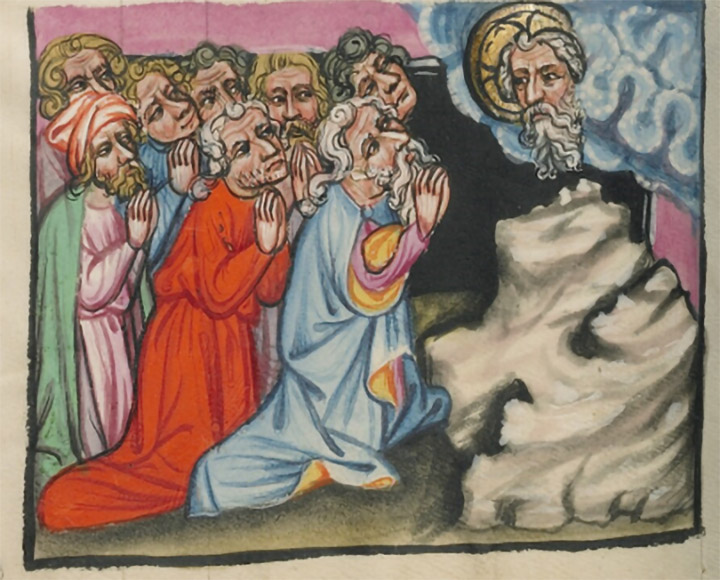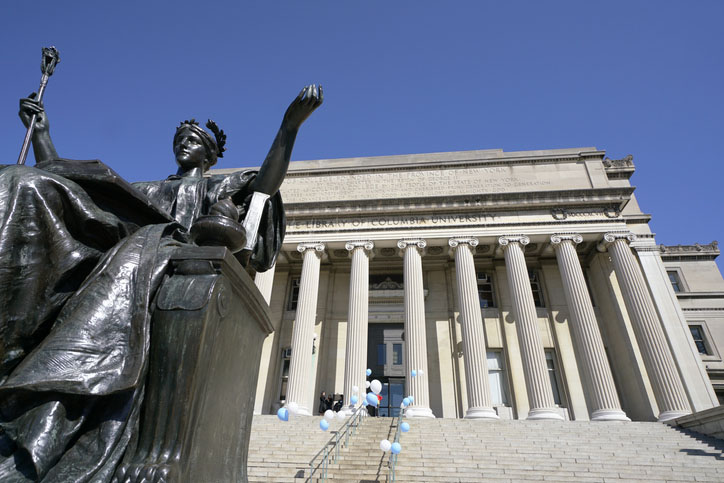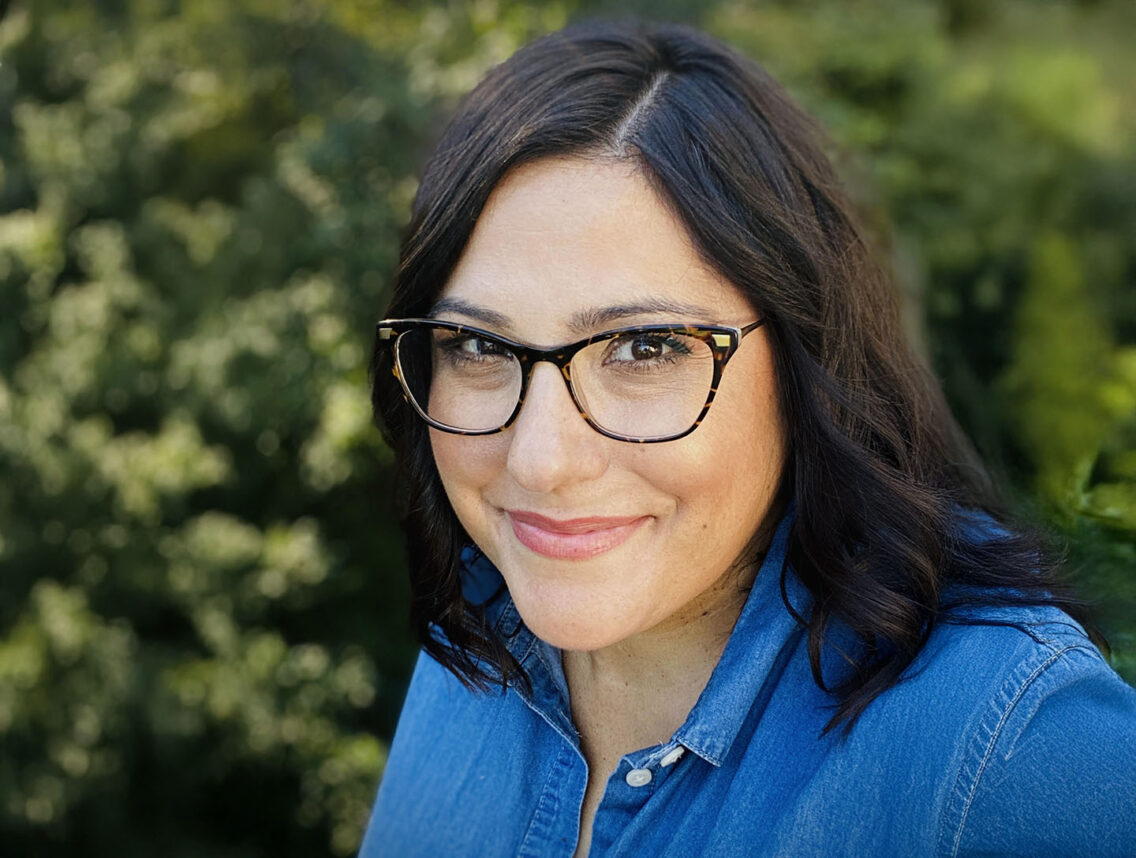The past two weeks have offered insight, as few times do, into whether our leaders and opinion molders can set aside personal and political agendas in the face of adversity and crisis
and be willing to do the right and courageous thing.
Locally, the closing of King-Harbor after a scathing federal report on its tragic shortcomings offered all the local players who have talked for years about King-Harbor or its predecessor, King-Drew, an opportunity to “do the right thing.” It provided a moment when they could either transcend their prior rhetoric and recognize the gravity of the situation and the need for leadership, or return to the tired positions of earlier days.
As anyone who has followed the issue knows, the stage had been set long ago; the “Killer King” moniker was not a new one on the streets of South Los Angeles. A Los Angeles Times series pointed out nearly three years ago that King-Harbor has long had serious, deep-seated problems for which there was more than enough blame to go around.
Yet one could almost write the script: Los Angeles City Councilwoman Janice Hahn decried the County Board of Supervisors for spending money on consultants and advisers who didn’t save the hospital from failing its accreditation tests — it was the board’s fault. Columnist and activist Earl Ofari Hutchison bemoaned the “lack of resources” that the hospital was forced to deal with and ascribed its failings to it being short-changed. Los Angeles Times columnist Erin Aubrey Kaplan assailed the “black middle class” for abandoning King-Drew and contributing to its demise. Each viewed the same stark facts through their individual, well-worn prisms.
To each of their assertions one can only ask: For Councilwoman Hahn was the answer for the supervisors to give up three years ago after and numerous well-documented incidents had pointed up how profound the problems were, rather than pursue every avenue to remedy a manifestly desperate situation? For Earl Hutchison, was the answer to ignore the facts that King-Drew spent more per patient than 75 percent of the public and teaching hospitals in California (according to a 2002 state audit), or ignore that it spent $685 per patient more than County-USC and $815 more than Harbor-UCLA (in 2002) or that in 2003 it billed 299,804 hours of overtime — 61 percent more than Harbor-UCLA, which has some 400 more workers and took in 91 percent more patients? Or for Erin Aubrey Kaplan, was the answer for middle-class blacks to put their lives at risk to evidence “solidarity” with King-Drew when even the disadvantaged folks who live in the neighborhood (not the “middle-class blacks” that Kaplan derides), when given a choice, went somewhere else. Births at King-Drew in 2005 were 15 percent of the total a decade before. Given that women have nine months to plan where to give birth, they had ample time to pick anyplace but King-Drew to have their babies. Who could blame them, except Erin A. Kaplan?
Amid all the blame casting, there was scant attention paid to the courage that surfaced during the King-Harbor controversy. Supervisor Zev Yaroslavsky withstood being called a racist to lead the Board of Supervisors’ to deal with what had been treated for decades as a sacrosanct part of another supervisor’s domain and “racial spoils.” Yaroslavsky made a very tough, but ultimately critically important decision. He forced change at virtually no political gain to himself — few outside South L.A. were animated about this issue and there were virtually no voices that praised his commitment to make things right.
Nor was much written or said about the Los Angeles Times’ willingness to do an in-depth study of the hospital and its shortcomings. They too were (and are) accused of being racists and even assailed as the “cause” of the hospital’s demise. Knowing the flack they would receive, they still chose to do a huge public service by publishing their expose (and win a Pulitzer Prize) at the risk of local attacks questioning their motivations and intent.
Honesty and an opportunity for courage arose for the Jewish community as well over the past week. It had its own melodrama centering on legislation pending in the Congress.
H.R. 106 may be voted on this fall in the House of Representatives. It would recognize as genocide the massacre by the Turks of hundreds of thousands of Armenians from 1915-1918. Several major Jewish organizations have refused to support the resolution (many of these organizations, ironically, have full- fledged Holocaust education programs).
Over the past week, the disconnect between rhetoric and actions came to a head in Watertown, Mass., where the City Council and a large Armenian community chose to sever ties with an Anti-Defamation League “anti-hate” program in which it had participated. Their condition for participation: an ADL endorsement of HR 106.
The ADL has explained its reluctance to endorse the resolution as being animated by concerns for the security of the Turkish Jewish community and the strategic relationship between Israel and Turkey. An ADL national spokesperson opined that the genocide question should be resolved by historians.
Alan Dershowitz wrote in response to the controversy:
“The matter [of the Armenian genocide] is not subject to interpretation…. For any organization or official to believe that there are differing sides to the Armenian Genocide is as much an outrage as it would be for Germany to say that the work of Jewish scholars, witnesses and victim testimonies represented merely the ‘Jewish side of the Holocaust.’ To deny genocide victims their history and suffering is tantamount to making them victims again.”
And yet denial, for seemingly well-motivated reasons, is precisely what has taken place.
The New England ADL regional board took issue with the national policy and the ADL regional director, in an act of personal courage and in the interest of truth, publicly questioned the national ADL position. He was promptly fired.
In light of this week’s controversy, the ADL has now, belatedly, decided to acknowledge that the Armenian massacre over 80 years ago was, in fact, a “genocide.” It still refuses to endorse the congressional resolution (HR 106), which memorializes that fact.

































